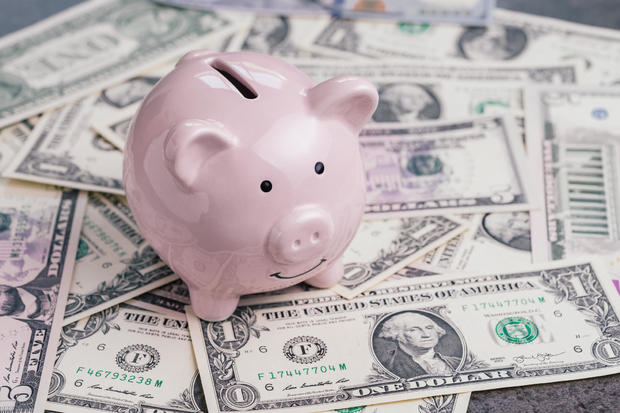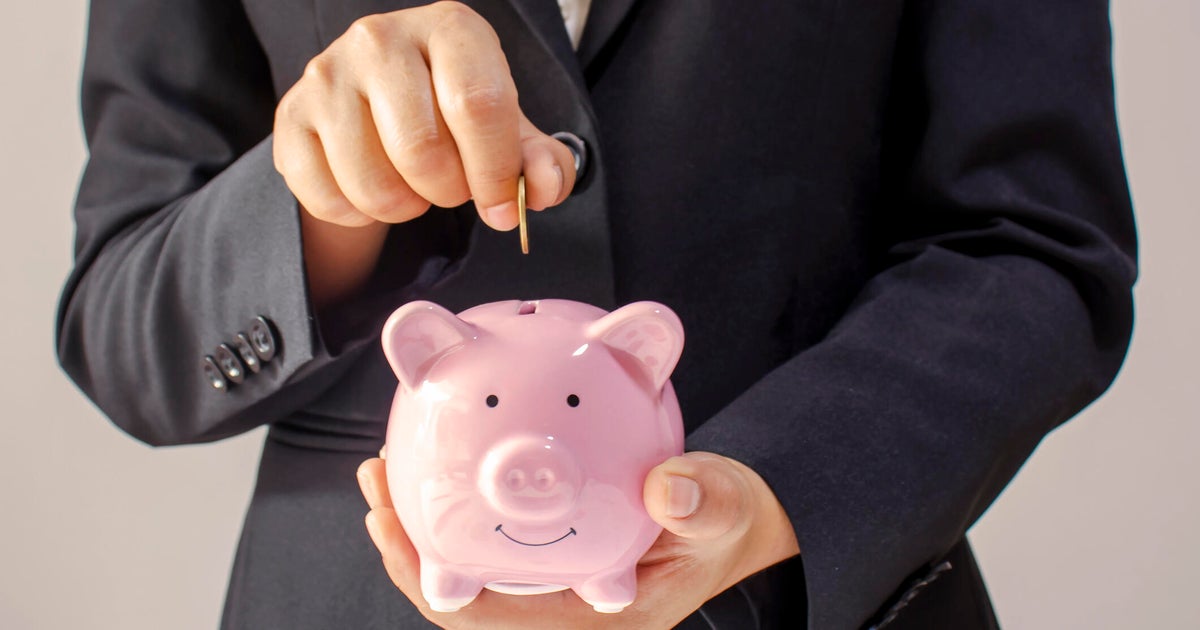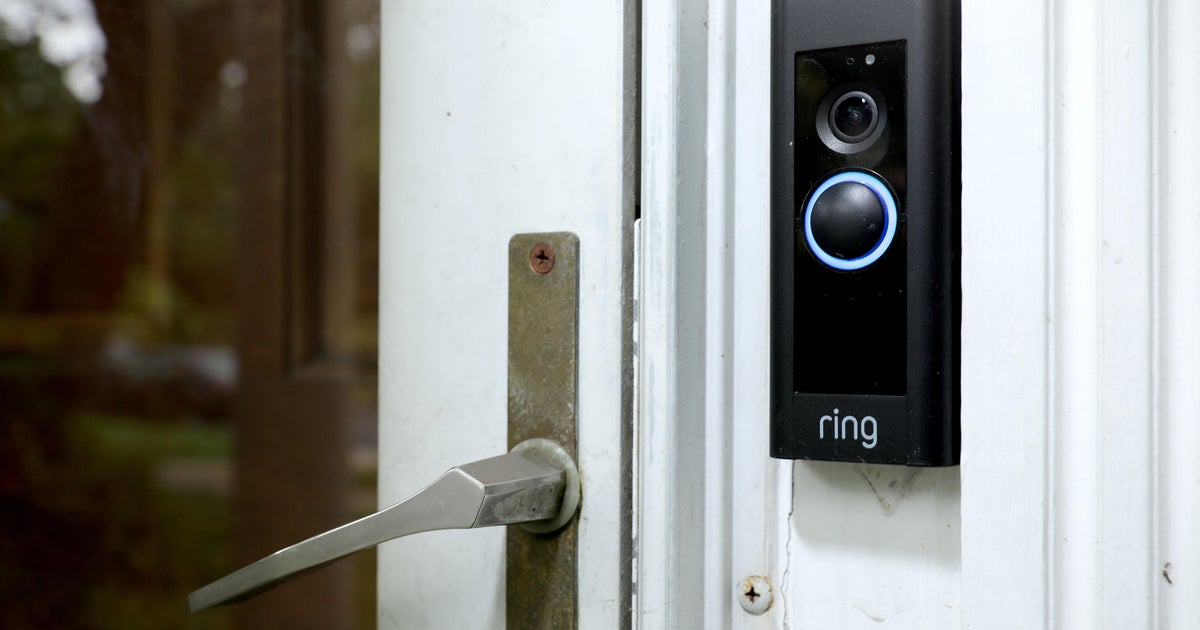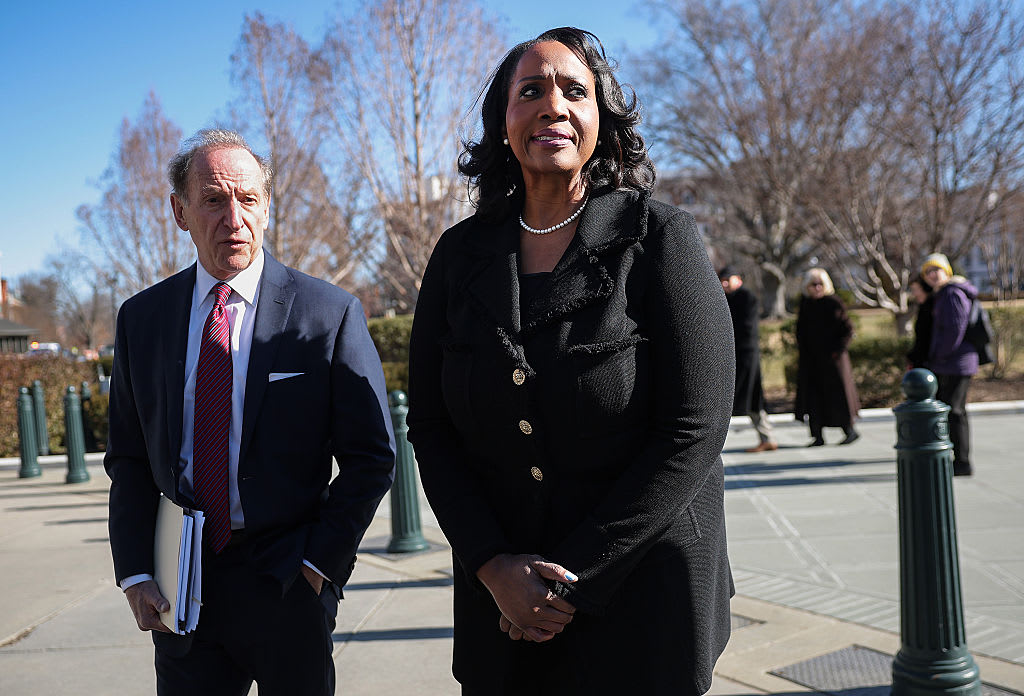Why a high-yield savings account is important to have now
It's been a rough few years for Americans' wallets. Between the pandemic, regular interest rate hikes and inflation, many people are finding it difficult to make ends meet. In a recent Federal Reserve study, 35% of respondents reported their financial situation worsened in the past year alone, and roughly a quarter said they were "just getting by" or "finding it difficult to get by."
Worse yet, 13% reported they couldn't cover a $400 emergency expense with cash. This inability can lead to taking on debt, which only hurts your finances further.
Whether or not you're currently struggling, being able to pay for a sudden large expense is critical to your financial security. Experts recommend keeping at least three to six months' worth of expenses in an emergency fund, but even if you can only contribute a small amount now, it can help relieve the pressure if the worst occurs.
One of the best places to keep this fund is in a high-yield savings account. Check out current interest rates now to compare your high-yield account options and start earning more money today.
Why a high-yield savings account is important to have now
If you're not keeping your savings in a high-yield savings account, you're missing out on these benefits:
You'll earn more interest
When it comes to an emergency fund, every dollar and cent matters. In a savings account, your deposits earn extra money, thanks to interest. And with a high-yield account, they can earn up to 12 times more than a regular savings account.
Average rates for regular savings accounts currently stand around 0.40%. High-yield accounts, in contrast, earn up to 5% or more. This difference can really add up over time, helping your savings grow faster without any extra effort on your part.
Find out how much more you could be earning by viewing current savings rates here.
Your money will be safe
A high-yield savings account is a safe place to store your cash. Unlike investing in the stock market, there is virtually no risk involved with a savings account. Your interest rate will fluctuate with the federal funds rate, but you'll never lose the money you've already deposited or the interest you've already earned.
Plus, accounts with FDIC insurance provide protection up to $250,000 per account per institution — welcome news after the bank failures we've seen earlier this year.
You can avoid fees
High-yield savings accounts tend to have fewer fees than other types of bank accounts. Many carry no maintenance fees, balance requirements or account opening fees. This means you can save more money without worrying about penalties eating into your savings.
"For anyone that thinks they don't have enough to save, many top accounts typically start with a $1 minimum, which is not a high bar to meet," says Shane Cummings, CFP, CEPA, AIF, wealth advisor and Director of Technology/Cybersecurity at Halbert Hargrove. "Often they also don't have any monthly fees, so there should not be any serious obstacles, even if someone were only looking to save less than $100 a month in an online savings account."
See some of the top options available today by checking out these no-fee savings accounts.
You can easily access funds when you need them
In the event of an emergency or unexpected expense, quick access to your funds is essential. A high-yield savings account allows you to withdraw your money anytime without penalty, unlike other deposit accounts such as CDs.
Plus, with online banking, you can easily transfer money between accounts.
"Most high-yield savings accounts offer online and mobile banking, which makes it easy to access your funds from anywhere, at any time," says Kristen Beckstead, CFP, ChFC, vice president and financial planner at First Horizon Advisors.
The bottom line
An emergency fund is a must-have in any economy, but in today's uncertain financial climate, it's especially important. And, arguably, the best place to keep this fund is in a high-yield savings account.
These accounts offer a combination of safety, flexibility and higher interest rates that can help you reach your financial goals faster than a regular savings account can. In addition, many carry few or no fees, allowing you to keep more of the money you earn from interest.
Whatever your current situation, you owe it to yourself to open a high-yield savings account — or to switch to one if your current account isn't earning much interest.




